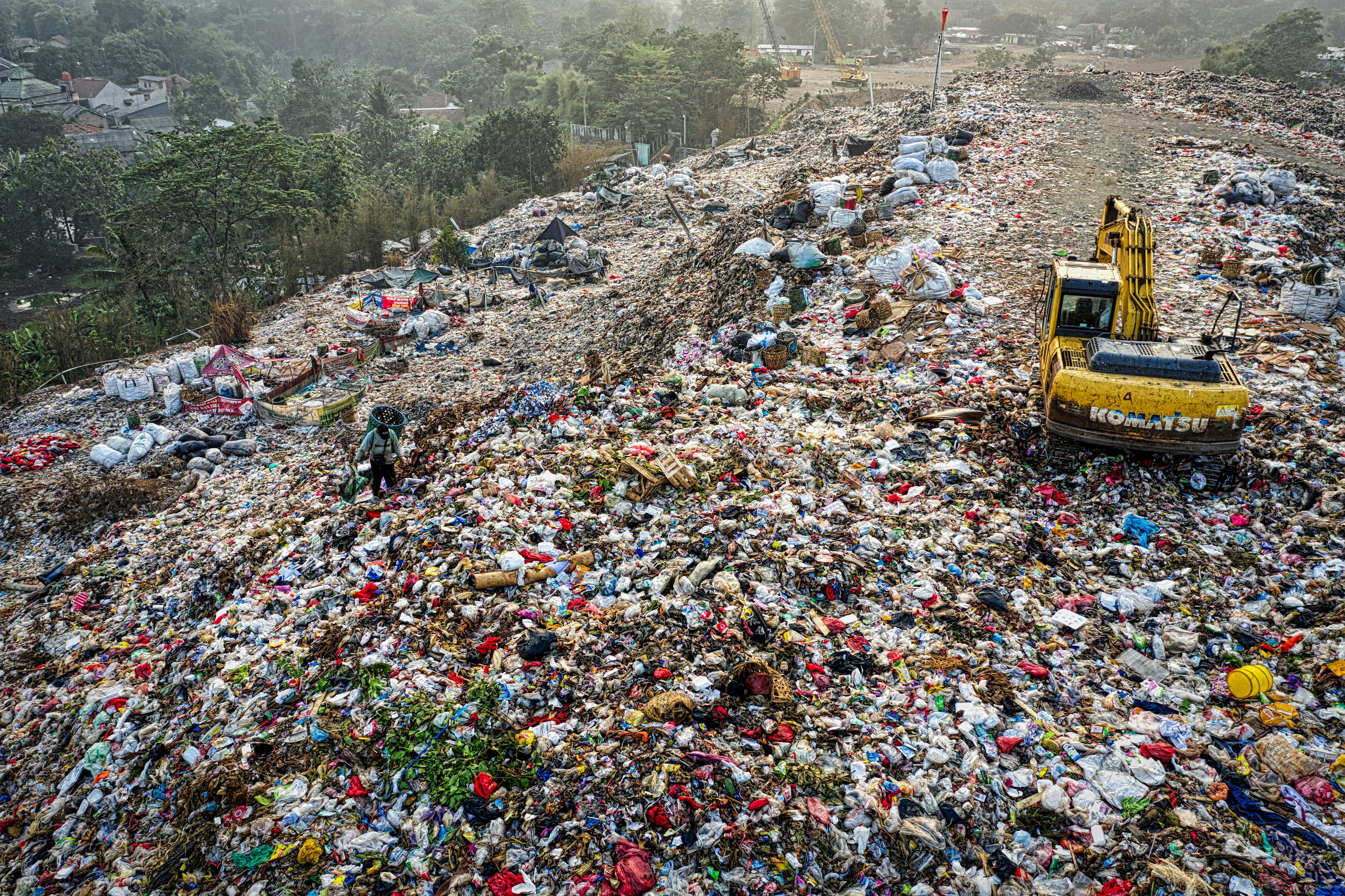
California signed the Plastic Pollution Prevention and Packaging Producer Responsibility Act (SB 54) into law in June 2022 to reduce plastic waste generation and increase recycling in the state. The law sets plastic source reduction goals, imposing strict compliance, reporting, and fee requirements on manufacturers, distributors, and retailers of single-use packaging and other covered materials. Similarly, other states have introduced their own policies and regulations on packaging materials and single-use plastic products. In the U.S., laws and regulations on plastic waste vary widely at the federal, state, and local levels.
At the federal level, the Environmental Protection Agency (EPA) sets general waste management standards, but no comprehensive national policy focuses on plastics recycling. As a result, state and local governments have adopted their own strategies, creating a diverse array of regulations. The most common initiatives to reduce plastic waste and increase recycling rates include plastic bans and restrictions, taxes and fees on plastic products, extended producer responsibility (EPR) laws, and recycled content requirements in plastic products.
- Several states are limiting virgin polyethylene (PE) use by enforcing bans, taxes, fees, or import restrictions on single-use plastic bags. States including Connecticut, California, Delaware, Hawaii, Oregon, and a few others have placed statewide bans on single-use plastic bags while some states have county or city-level bans or fees imposed on single-use plastic bags. Exhibit 1 represents the restrictions on single-use plastic bags across U.S. states.

Exhibit 1. Single-use plastic bag restrictions enacted in the U.S.
- A second regulatory initiative is in the form of EPR laws. California, Colorado, Oregon, Maine, Minnesota, and others have introduced EPR laws to drive recycling investments by producers. These EPR laws mandate manufacturers to develop a plan to make products and processes more sustainable and recyclable, either independently or by joining a producer responsibility organization such as Circular Action Alliance which can help them meet their legal obligations for recycling and reclaiming waste from their products.
- Another initiative taken by many states is post-consumer recycled (PCR) content mandates in various plastic products. This is to promote the use of recycled materials in packaging to reduce environmental impact. These regulations vary by state, with California leading through its Recycled Content Plastic Law, which requires beverage containers to have 50% PCR content by 2030. Similarly, states like New Jersey and Washington have set comparable standards for products like rigid plastic containers and trash bags.

Exhibit 2. PCR content mandates in various plastic products. (Percentage)
To tackle the plastic waste crisis, state governments are implementing initiatives to address plastic waste management, and California is leading the way in establishing policies and regulations. However, the effectiveness of these laws is often hindered by inconsistent standards, differing compliance timelines, and the lack of coordinated efforts to strengthen recycling infrastructure and industry cooperation nationwide. For instance, California’s SB 54, a new EPR law to manage packaging and single-use plastic products, is often seen as a model for similar laws in other states and countries. However, its implementation has faced challenges, including the need for improved recycling infrastructure and greater industry collaboration.
Overall, the policy and regulatory landscape in the U.S. is strengthening with various initiatives, but a multi-faceted approach is essential to tackle the plastic waste crisis effectively. This requires a combination of policy reforms, technological advancements, and changes in consumer behavior to accelerate progress in waste management and recycling efforts. Potential solutions include:
- Investing in recycling infrastructure: Building new facilities and enhancing existing ones to increase recycling capacity.
- Innovating in plastic materials: Developing biodegradable or compostable alternatives to reduce plastics’ environmental impact.
- Boosting consumer awareness: Educating the public on the effects of plastic waste can promote responsible consumption and recycling practices.
As policies like SB 54 and many others pave the way for more comprehensive strategies, ongoing efforts and collaboration among governments, industries, and consumers will be essential to effectively tackle the plastic waste challenge.
– Bhautik Gajera
Please contact ADI at info@adi-analytics.com if you would like to understand more about the policy and regulatory landscape in the plastics industry.
ADI Analytics is a prestigious, boutique consulting firm specializing in oil & gas, energy transition, and chemicals since 2009. We bring deep, first-rate expertise in these segments including policy and regulatory assessment of plastics, chemicals, and fuels, where we support Fortune 500, mid-sized and early-stage companies, and investors with consulting services, research reports, and data and analytics, with the goal of delivering actionable outcomes to help our clients achieve tangible results.
We also host the ADI Forum, one of Houston’s distinguished industry conferences, to bring c-suite executives from oil & gas, energy transition, and chemicals together for meaningful dialogue and strategic insights across the value chains.
Subscribe to our newsletter or contact us to learn more.



















